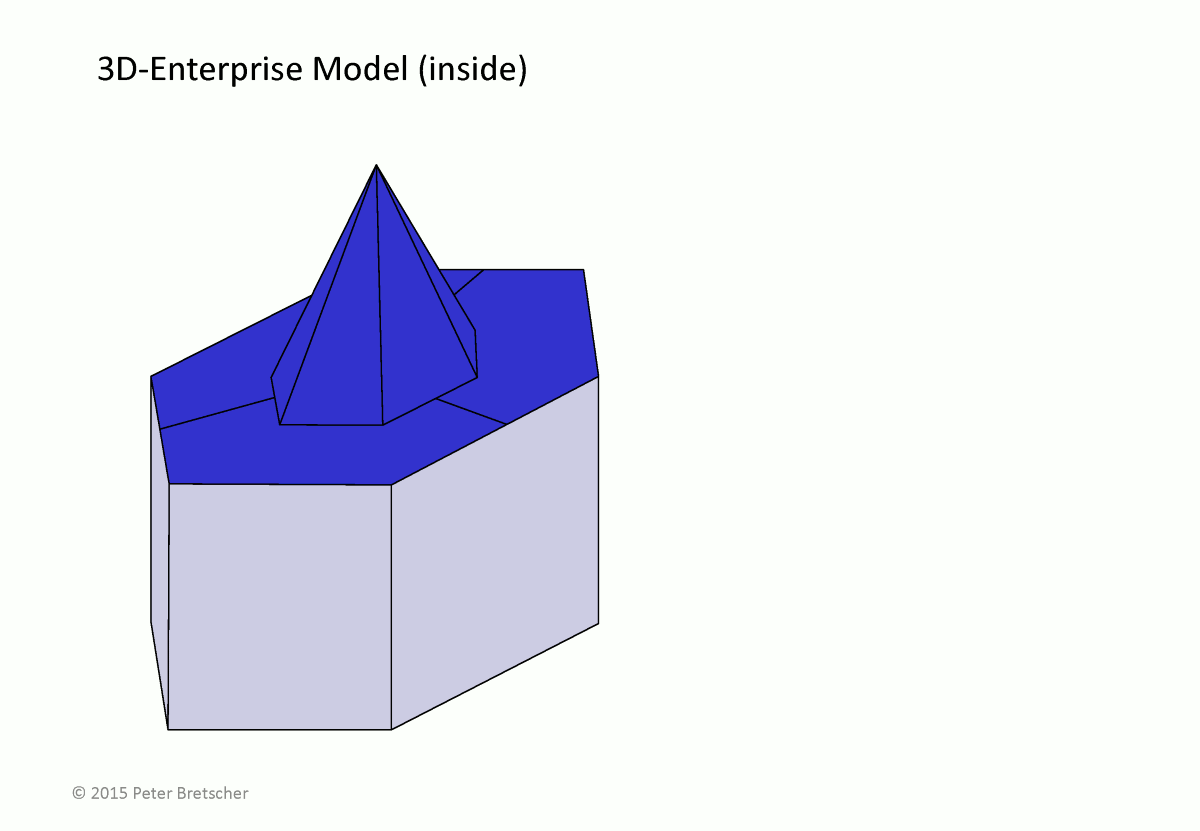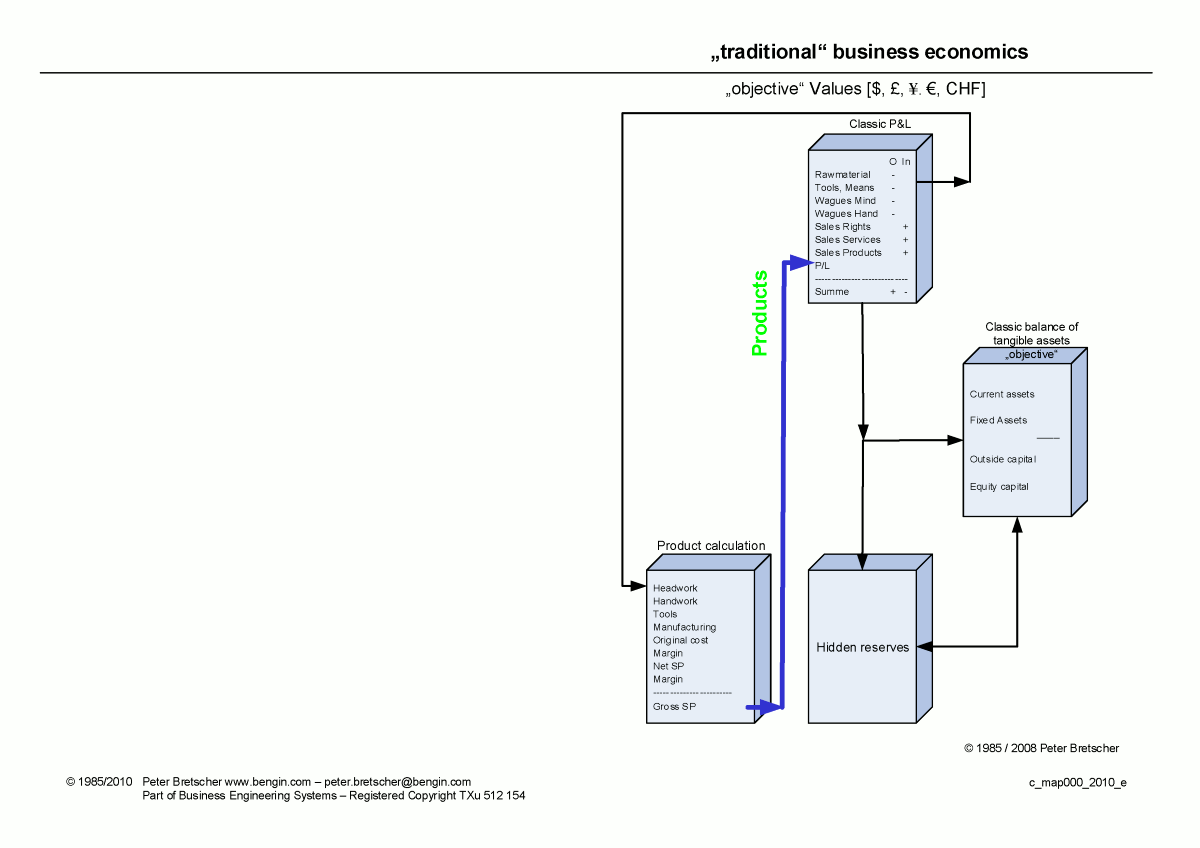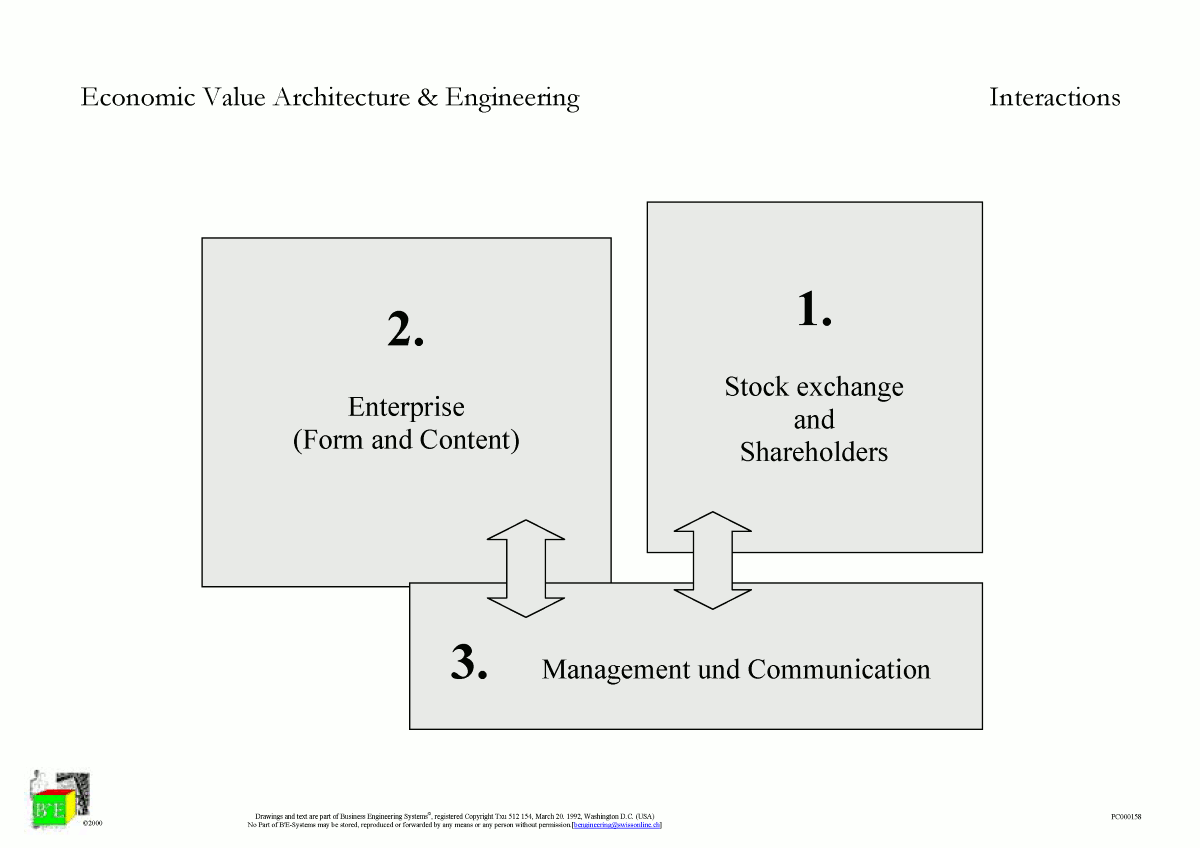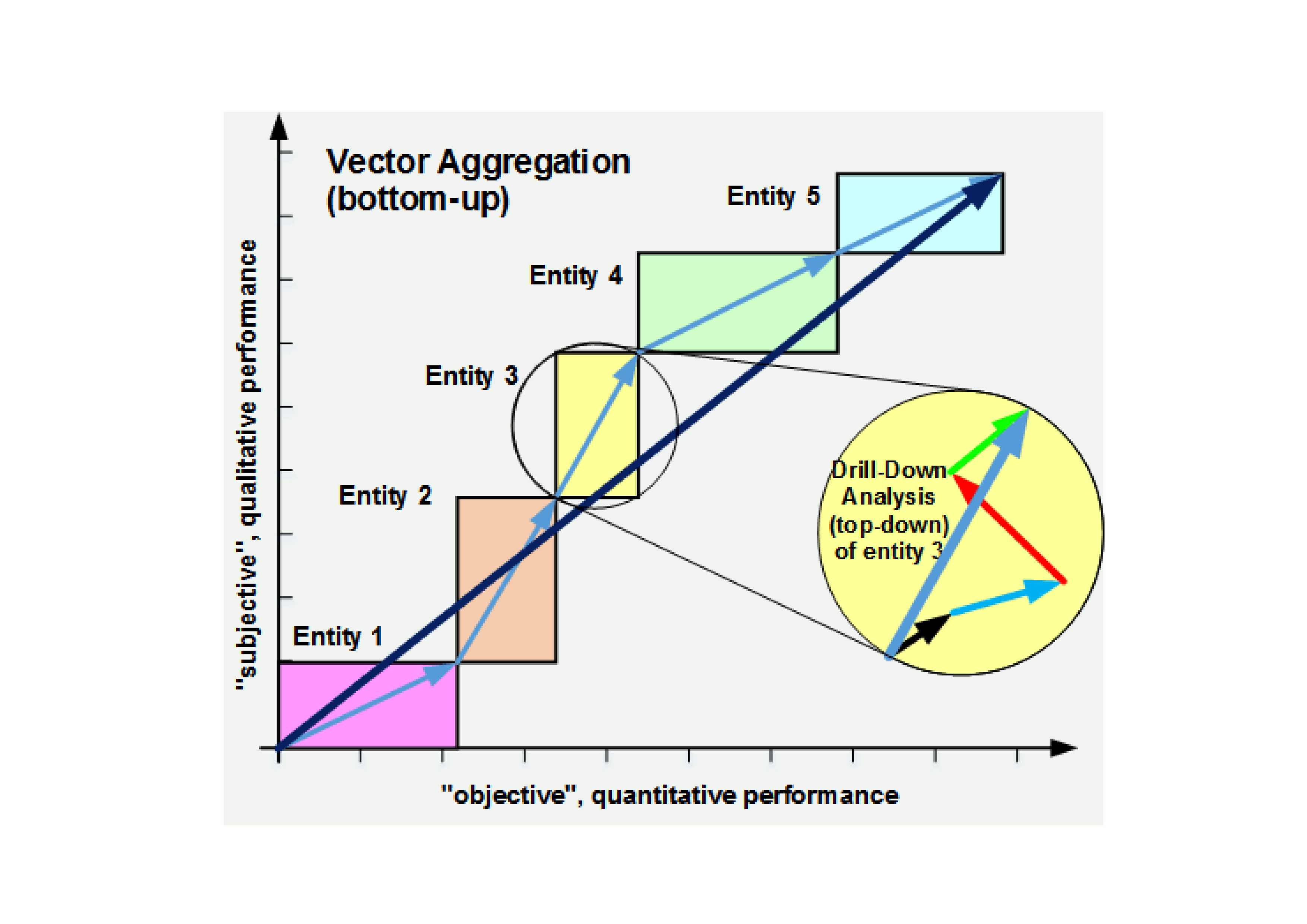Carl Friedrich Gauss talks about Business Engineering Systems
-
... believe that businesses must go beyond traditional measures of value and incorporate a broader range of factors in their decision-making ...
Johann Carl Friedrich Gauss (1777 – 1855) was a German mathematician, geodesist, and physicist who made significant contributions to many fields in mathematics and science. Gauss ranks among history's most influential mathematicians. ... 'invented' the 'complex number' and used the symbol i for representing the imaginary number...
Carl Friedrich Gauss in English:
As a mathematician, I am not particularly familiar with business administration systems. However, I do understand the importance of creating models and systems that accurately represent the complexity of the world around us, and that can help us make better decisions.
If we want to create a truly effective system for business administration, we must take into account not only the traditional measures of success such as monetary profit, but also the non-monetary factors that contribute to long-term sustainability and well-being.
By combining both monetary and non-monetary value indicators in a hybrid value paradigm, we can create a more comprehensive and accurate system for measuring the success and sustainability of businesses. This will allow us to make smarter decisions that take into account not only short-term gains, but also long-term consequences and benefits.
Furthermore, it is important to consider not only the final offerings and processes of a business, but also the primary resources that contribute to their success. By understanding and managing these resources - including products, production means, documents, knowledge and skills, rights, and finance - we can create more efficient and sustainable systems that benefit both businesses and society as a whole.
In short, a comprehensive and effective system for business administration must take into account both monetary and non-monetary value indicators, as well as the primary resources that contribute to a business's success. Only then can we create truly sustainable and successful businesses that benefit everyone involved.
Carl Friedrich Gauss in German:
Als Mathematiker kenne ich mich mit betriebswirtschaftlichen Systemen nicht besonders gut aus. Ich verstehe jedoch, wie wichtig es ist, Modelle und Systeme zu erstellen, die die Komplexität der Welt um uns herum genau abbilden und uns helfen können, bessere Entscheidungen zu treffen.
Wenn wir ein wirklich effektives System für die Unternehmensverwaltung schaffen wollen, müssen wir nicht nur die traditionellen Erfolgsmassstäbe wie den monetären Gewinn berücksichtigen, sondern auch die nicht-monetären Faktoren, die zu langfristiger Nachhaltigkeit und Wohlbefinden beitragen.
Durch die Kombination von monetären und nicht-monetären Wertindikatoren in einem hybriden Wertparadigma können wir ein umfassenderes und genaueres System zur Messung des Erfolgs und der Nachhaltigkeit von Unternehmen schaffen. Dies wird es uns ermöglichen, klügere Entscheidungen zu treffen, die nicht nur kurzfristige Gewinne, sondern auch langfristige Folgen und Vorteile berücksichtigen.
Darüber hinaus ist es wichtig, nicht nur die endgültigen Angebote und Prozesse eines Unternehmens zu berücksichtigen, sondern auch die primären Ressourcen, die zu seinem Erfolg beitragen. Indem wir diese Ressourcen – einschließlich Produkte, Produktionsmittel, Dokumente, Wissen und Fähigkeiten, Rechte und Finanzen – verstehen und verwalten, können wir effizientere und nachhaltigere Systeme schaffen, von denen sowohl Unternehmen als auch die Gesellschaft als Ganzes profitieren.
Kurz gesagt, ein umfassendes und effektives System für die Betriebswirtschaftslehre muss sowohl monetäre als auch nicht-monetäre Wertindikatoren sowie die primären Ressourcen berücksichtigen, die zum Erfolg eines Unternehmens beitragen. Nur so können wir wirklich nachhaltige und erfolgreiche Unternehmen schaffen, von denen alle Beteiligten profitieren.
Carl Friedrich Gauss supported by chatGPT
Want to have more voices?
-
Read Gottfried Wilhelm Leibniz (1646 - 1716)
Read Luca Pacioli (1713 - 1790)
Read Adam Smith (1713 - 1790)
Read Carl Friedrich Gauss (1777 - 1855)
Read Henry R. Towne (1844 - 1924)
Read John Maynard Keynes (1883 - 1946)
Read Joseph Schumpeter (1883 - 1950)
Read Albert Einstein (1879 - 1955)
Read Daniel Kahneman (1934 - 2024)
Read Joseph Stiglitz (1943 - ....)
ChatGPT as talking head for Legal Units:
ChatGPT in the role of Bain & Company
ChatGPT in the role of BCG
ChatGPT in the role of Deloitte
ChatGPT in the role of EY (Ernst & Young)
ChatGPT in the role of EY(2) (Ernst & Young)
ChatGPT in the role of EY-Parthenon
ChatGPT in the role of Harvard University
ChatGPT in the role of HSG University of St. Gallen
ChatGPT in the role of KPMG
ChatGPT in the role of McKinsey
ChatGPT in the role of PwC
Business Engineering Systems: Advanced models for business, policy, and consultants.
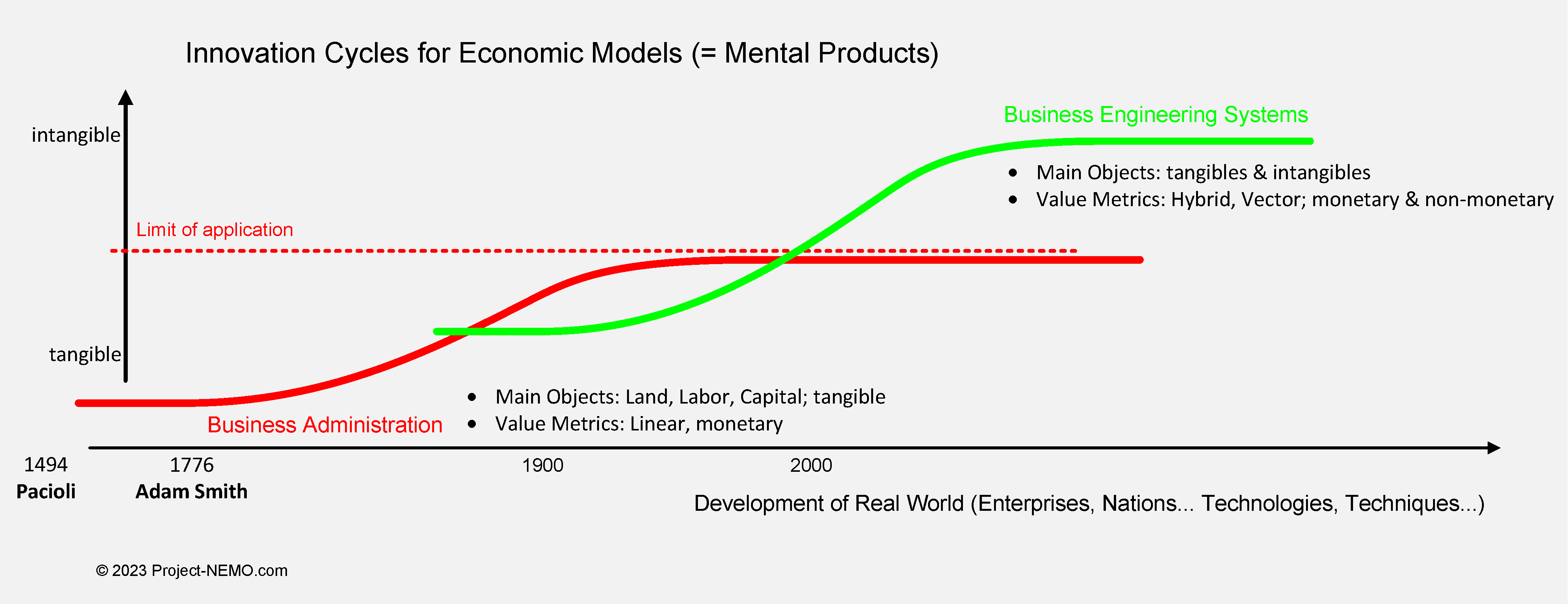
Today's models (i) start from tangible and intangible resources and (ii) use a multidimensional value paradigm in which non-monetary and subjective value attributes also count.
Four selected areas of focus from the BE systems:
Click on image for more information
Purpose of 'Project NEMO' (New/Next Economic/Enterprise Model) is to enhance classic economics by
(i) including intangible assets as the common (re)source of welfare and wealth and
(ii) disclosing a vector based hybrid value principle enabling monetary AND nonmonetary dimensions as a compound/hybrid measure.

